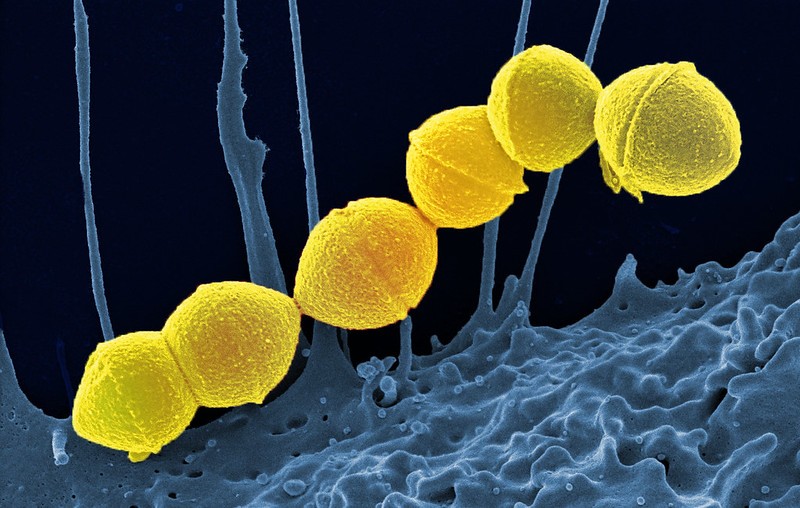Group Strep A (GAS) is a common type of bacteria. Most strep A infections are mild and easily treated, but some are more serious.
Common symptoms of strep A include:
- flu-like symptoms, such as a high temperature, swollen glands or an aching body
- sore throat (strep throat or tonsillitis)
- a rash that feels rough, like sandpaper (scarlet fever)
- scabs and sores (impetigo)
- pain and swelling (cellulitis)
- severe muscle aches
- nausea and vomiting
Most strep A infections are not serious and can be treated with antibiotics.
But rarely, the infection can cause serious problems. This is called invasive group A strep (iGAS).
It’s always concerning when a child is unwell. GAS infections cause various symptoms such as sore throat, fever, chills and muscle aches.
As a parent, if you feel that your child seems seriously unwell, you should trust your own judgement.
Contact NHS 111 or your GP if:
-
your child is getting worse
-
your child is feeding or eating much less than normal
-
your child has had a dry nappy for 12 hours or more or shows other signs of dehydration
-
your baby is under 3 months and has a temperature of 38C, or is 3 to 6 months and has a temperature of 39C or higher
-
your baby feels hotter than usual when you touch their back or chest, or feels sweaty
-
your child is very tired or irritable
Call 999 or go to A&E if:
-
your child is having difficulty breathing – you may notice grunting noises or their tummy sucking under their ribs
-
there are pauses when your child breathes
-
your child’s skin, tongue or lips are blue
-
your child is floppy and will not wake up or stay awake
If you think your child is poorly and getting worse, trust your instincts and contact NHS 111 online or your GP practice.
Treatments for a strep A infection
Most strep A infections can be easily treated with antibiotics.
If you or your child has a strep A infection, you should stay away from nursery, school or work for 24 hours after you start taking antibiotics. This will help stop the infection spreading to other people.
Serious strep A infections (invasive group A strep, iGAS) need to be treated in hospital with antibiotics.
Preventing GAS infection
GAS are spread by close contact between individuals, through respiratory droplets (moisture in your breath) and direct skin contact.
They can also be transmitted environmentally through contact with contaminated objects, like towels and bedding, or eating contaminated food.
Good hand and respiratory hygiene are important for stopping the spread of many bugs. Make sure your child:
- washed their hands properly with soap for 20 seconds
- uses a tissue to catch coughs and sneezes
- keep away from others when feeling unwell
This will help reduce the risk of picking up or spreading infections.





